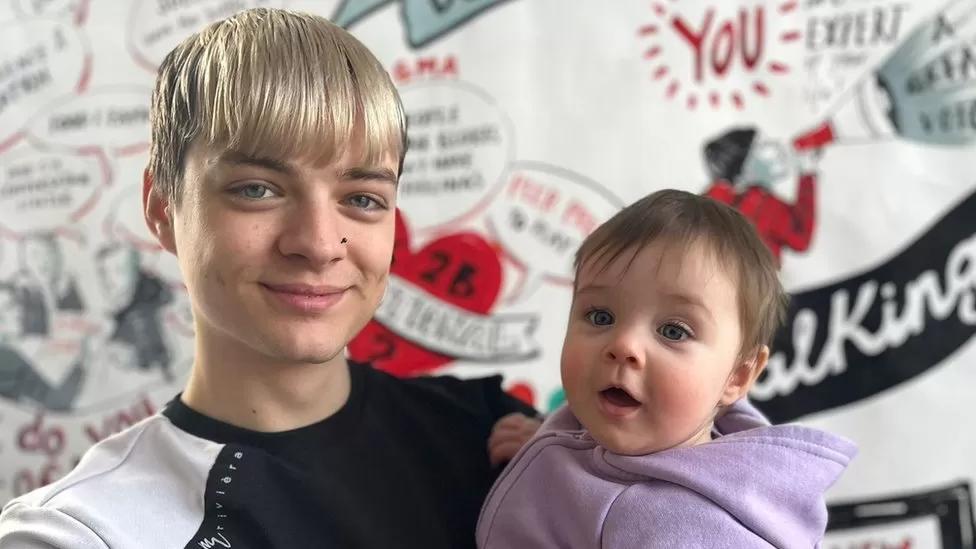Looking at existing research to better understand what is already known about young fatherhood in different countries around the world.
About the project
Following Young Fathers Further is a research study based at the University of Lincoln. The study involves close partnership working with young fathers and professionals to understand the experiences and support needs of young fathers (aged 25 and under) and to promote a more father-inclusive approach to support in the UK.

The project began in January 2020 but is linked to another study called Following Young Fathers, which ran from 2012 to 2015. Eleven of our participants have been involved in both studies!
Through a number of different projects, Following Young Fathers Further has sought to co-create new ways of embedding father-inclusive research, practice and policy in the UK. Our approach to this includes:
Working together with young fathers and practitioners in the UK to develop and co-create new and innovative forms of father-inclusive support, including the Grimsby Dads Collective and DigiDAD.
Interviewing young fathers in the UK and Sweden to compare their parenting experiences and support needs in different countries and policy systems.
Working with young fathers and professionals in a variety of creative and visual ways over an extended period of time to develop a better understanding of the joys and challenges of being a young father.
Building this brand new one-stop community of young dads, professionals, researchers and others, with an interest in how we better support young parents and their families, is key to all that we are doing.
There is always more that we need to learn, especially about the vital importance of young fathers in the lives of their children and how we can better support young fathers and their families to live well.
We therefore continue to work in partnership with young fathers, professionals from education, health, criminal justice, family and youth support services and others, to promote father-inclusive approaches to practice.
Explore our website to find out more about how you can get involved in shaping new visions of young fatherhood and father-inclusive practice.
…all the benefits that come with dads being more involved in their children’s lives equate to benefits for families more broadly. I think any sort of project that promotes like a level of equality for particular groups is beneficial to everyone, not just the group that it’s supporting (Coram Family and Childcare, Young Dads Collective Manager)
The Following Young Fathers Further team are based at the University of Lincoln in the East Midlands of England. With thanks to our funders, UK Research & Innovation, who have supported the study via their prestigious Future Leaders Fellowship research scheme.
Watch our short 2 minute video explaining the project and what it's all about.
For more information about the study you can read our latest report.
Download Final Report Series 1pdfRead our latest report series, published in December 2023 to mark the first four years of outcomes from the study.
Final report series 2023
Co-creating with young fathers
This eight-part report series reports on our findings and the innovations from the Following Young Fathers Further study between January 2020 and December 2023. These have been launched at the final conference, which took place in Lincoln on Thursday 7th December 2023.
We intend to develop further outputs from the study, supported by an additional three years of funding that will extend our work again to January 2027. So watch this space!





